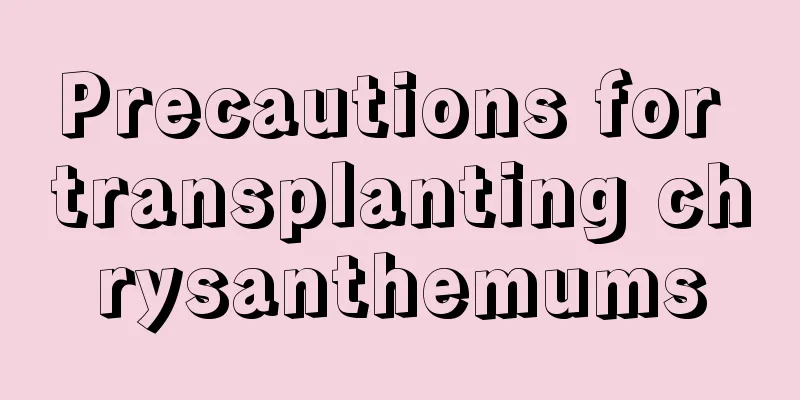Reasons and prevention methods of the failure of Euphorbia obliqua to bloom

Lack of lightIf the flowerpot of Euphorbia obesa is placed in a shaded and closed place for a long time, the plant will lack light and produce fewer flowers. In this case, the Euphorbia obesa should be moved to a place with sufficient scattered light and good ventilation to eliminate harmful gases such as ethylene, which will cause the flower buds to age prematurely. However, care should also be taken to avoid excessive direct sunlight, otherwise the abnormal stems will turn yellow and burn, affecting flowering. OverwateringThe watering of Euphorbia obesa should be moderate, and the soil should be kept dry and wet, but not waterlogged, otherwise the roots will easily rot. However, dryness is also not good for growth and flowering. The modified stems and the surrounding ground should be sprayed with clean water frequently to maintain a high air humidity. Inappropriate fertilizationExcessive application of nitrogen fertilizer will cause the abnormal stems of the Euphorbia obesa to grow too long, which is not conducive to the differentiation of flower buds. Fertilization should be applied in appropriate amounts, and phosphorus and potassium fertilizers should be added once during the budding period to nurture flower buds and promote large and colorful flowers. Inappropriate temperatureWhen the ambient temperature is too high, it will easily cause the abnormal stems of the Euphorbia lathyris to grow too long, affecting the symmetry of the plant shape. When the temperature is too low, it will hinder the bud formation of the Euphorbia lathyris. The temperature should be controlled between 15℃ and 25℃ during the growing period. Unsuitable potting soilWhen the pH value of the potting soil for growing Euphorbia obesa is too high, it will be unfavorable for the formation of flower buds. The heavy soil will cause root rot. You should pay attention to changing the pot and soil in time. You can use 4 parts of leaf mold, 4 parts of sandy soil, and 2 parts of fermented manure, mix them well and make the culture soil. You can put a small amount of hoof chips at the bottom of the pot as base fertilizer. Too many flower budsWhen there are too many flower buds on the Euphorbia obesa, it is not conducive to flowering. When the flower buds are too dense, it is easy to cause insufficient nutrient supply to the plant, resulting in the flower buds falling off in the later stage and poor flowering. Therefore, when there are too many flower buds on the Euphorbia obesa, you should pay attention to thinning the buds, removing the weak ones and keeping the strong ones, removing the small ones and keeping the large ones. In this way, the flower buds can get more nutrients and bloom well. |
<<: What to do if Milan flowers lose leaves
>>: What to do if Kalanchoe does not bloom
Recommend
How many days does it take for carrots to sprout out of the soil?
Carrots are rich in beta-carotene, in addition to...
The most beautiful rose varieties
1. Lonza Gemstone Longsha Gem is a very beautiful...
How much water to water the heartleaf vine
1. How much water to pour Heart-leaf vine likes a...
The difference between Codonopsis and Angelica
1. Leaf Difference The leaves of Codonopsis pilos...
The peony stopped blooming after being repotted. When should I repot the peony?
1. What to do if it doesn't bloom If the peon...
How to grow daisies in winter
1. Maintenance location After entering winter, be...
Cornflower Pest Control
Centaurea sclerotiorum Symptoms: This disease mai...
Breeding methods and precautions of four-season azalea
1. Matrix Rhododendron has high requirements for ...
Cultivation and pruning of jade tree
Jade plants include the common jade tree, Kusanag...
Is bellflower easy to grow?
1. Is it easy to raise? Campanula is not difficul...
How to Germinate Mint Seeds
Mint seed germination method tool Mint seeds, tis...
Camellia rhododendron cultivation method
1. Breeding methods 1. Soil: Camellia azalea grow...
The efficacy and effects of citrus
The efficacy and effects of citrus Ornamental val...
How many years does the egg fruit tree bear fruit
Introduction to planting egg fruit The suitable g...
How to slow down the growth of bougainvillea
1. Arrangement After receiving the purchased seed...









